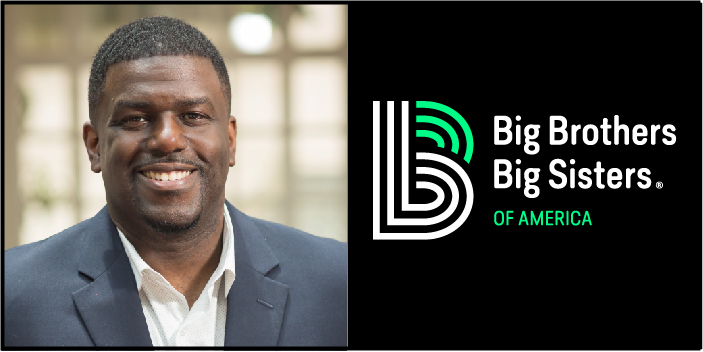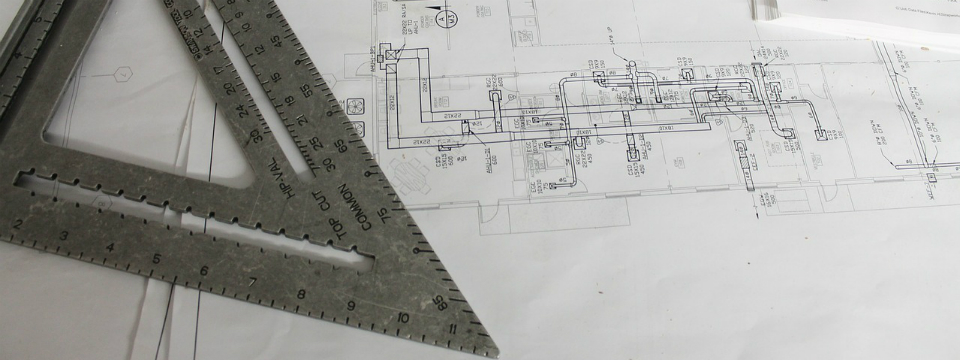Big Brothers Big Sisters’ CEO Shares How the Nonprofit’s Model Stands the Test of Time
By: Artis Stevens (President & CEO of Big Brothers Big Sisters of America), Reprinted from Salesforce
“It takes a village to raise a child.”
It’s an age-old African proverb that’s been quoted often and yet the power of this line could not be more relevant than now. A social and economic environment that was already a hardship for the most vulnerable in our country was made worse by the pandemic, and put into sharper perspective by global protests for racial and social justice. The effect of this climate has had a profound impact on those in our communities whose voices often go overlooked and unheard: our children.
Consider that right now, young people (“Littles”) enrolled in Big Brothers Big Sisters programs across the nation are facing challenges at much higher rates compared to the average youth in the United States:
- 63% of Littles live in a single parent household (vs. national average of 34%)
- 53% of Littles have been bullied in the past year (vs. national average of 20%)
- 51% of Littles have worries that affect their daily life (vs. national average of 7%)

A social and economic environment that was already a hardship for the most vulnerable in our country was made worse by the pandemic, and put into sharper perspective by global protests for racial and social justice.
However, these statistics don’t define our kids nor does their background; the promise of their potential is often determined by the choices they make in life. I have seen this promise firsthand growing up in a family where I didn’t have many financial resources, faced inequities in my community and yet I was guided by my loving parents and an extended network of caring adults who served as a north star for reaching my potential. I have witnessed — through a 25-year career in youth development — thousands of young people overcome adversity to realize their potential inspired by the guiding hand of a positive mentor.
It’s why I’m so proud to lead Big Brothers Big Sisters of America. For more than a century, our organization has empowered a village of caring adults to build one-to-one mentoring relationships with kids who need us most. Many who are in poverty face substance abuse and mental health issues in their families, and too often experience trauma at a far higher rate than the average child. It’s a model that works. Research and anecdotal evidence consistently point to a supportive adult in a child’s life as one of the most critical success factors in building the resilience to overcome adversity.
So if we know mentoring works, how do we ensure every child in America has a positive adult mentor in their life? And what can be done to help strengthen Black families, which will in turn result in building a foundation for youth to grow up to be stronger adults?

For more than a century, BBBSA has empowered a village of caring adults to build one-to-one mentoring relationships with kids who need it most.
Well, what we know for sure is no single organization and no one person can address the big issues facing our communities alone. It will take a village of caring adults — especially more male volunteers — who will answer the call and dedicate a few hours a month to mentor a child in their community. It will require the leadership of every sector and industry in our country. It will take corporations to invest financially, provide resources, and encourage employees to get involved. And we’ll need government, educational institutions, and nonprofit partnerships to engage in innovative research, practices, and public policy creating more access to mentoring.
And most importantly, it will require each of us seeing the innate potential and power of young people to change their lives and communities when given the opportunity and guidance.
Join us today and create change in a kid’s life. Get involved at bbbs.org and give your time, donation, and your voice to the importance of mentoring.
To access this article, click here.










